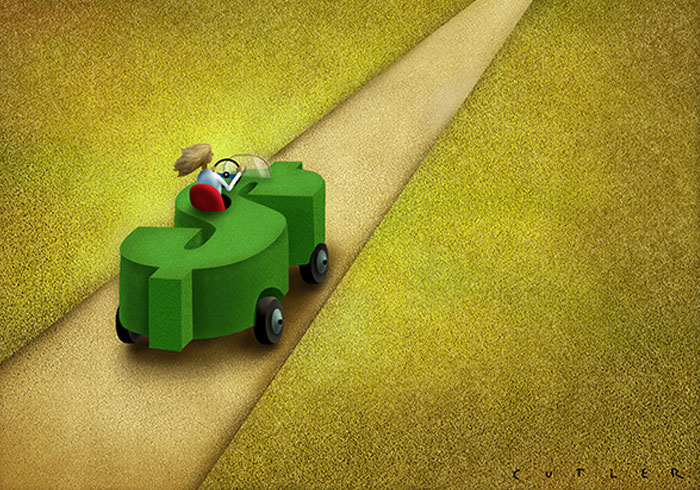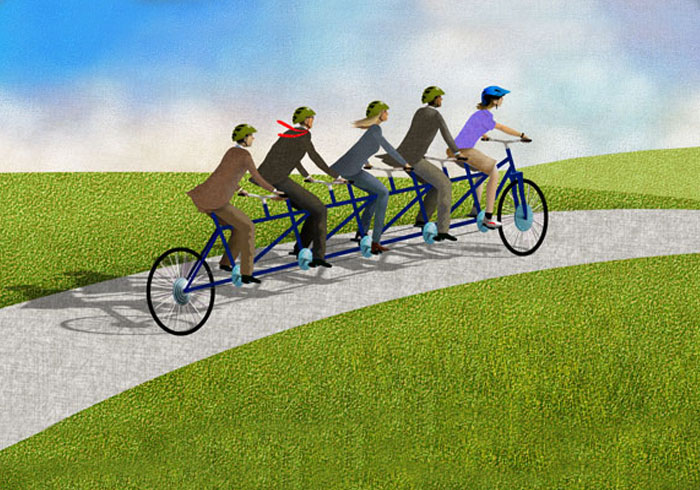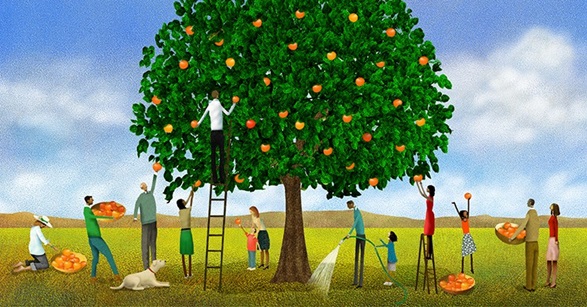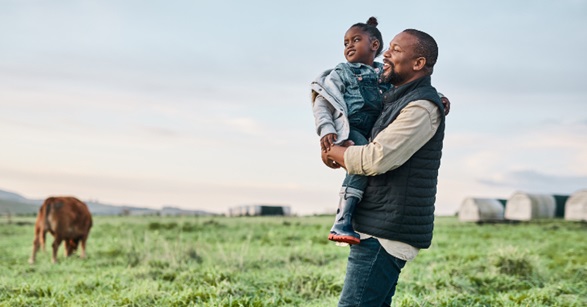Skill-building is a key ingredient of raising thriving children with the capacity to change the world. Here are some of our favorite ideas to engage children from elementary to high school. Begin with the ideas that feel most relevant and in a style that complements each child’s emotional maturity.
Sustainability
Read Shel Silverstein’s The Giving Tree — perhaps from a new perspective — and discuss what it means to be an extreme giver (the tree) and taker (the boy). What could the two do differently to sustain apples for the long term? Discuss the big difference between generosity and selflessness.1
Opportunity cost
Empower your child with a stretch role in planning a family activity or vacation and teach them about opportunity cost, decision-making and budgeting. Establish parameters up front, and ask them to develop three ideas and create a presentation. Determine in advance how you will make the final decision together (e.g., simple vote, majority vote).
Family history
Create a family history project, such as tasking children on a family vacation to interview relatives and create a video. Emory University research from 2010 found the more children knew about their family history, the higher their self-esteem and the better they were able to deal with the effects of stress.
Social media
Collaborate with your kids to develop a social media policy for your family. Include dos and don’ts and create a cybersecurity protocol. For example, “We will post only what we are comfortable sharing with Grandma, and we will not post pictures of vacation until we return. We will not use public Wi-Fi.”
Bolster resilience
Hearing the stories of resilient people can help bolster children’s resilience. Watch inspiring autobiographical movies such as Rudy (1993), about a boy who dreams of playing football at the University of Notre Dame despite significant obstacles, and Hidden Figures (2016), the true story of a team of Black women mathematicians and their contribution to the space race.
Conflict resolution
Conflict resolution skills are more important than ever. Make the “how” of working things out understandable by reading Trouble at the Watering Hole: The Adventures of Emo and Chickie (2017) and engaging with the practical teacher’s guide, packed with tips and exercises.2
Gratitude
The field of positive psychology teaches us that gratitude is strongly and consistently tied to greater happiness. Find ways big and small to practice the habit of gratitude. Share “Three Good Things” or “What Went Well” daily, at dinner or through a gratitude journal.
Career/job shadow
Expose kids to a wide variety of careers. Pay attention to their interests and signature strengths and network to find opportunities for them to learn about a variety of careers, from a one-day job shadow or informational interview for teens to books, videos and games for younger kids. Read the School of Life’s What Can I Do When I Grow Up?
Invest
Learn the basics of investing with an online simulation game. Read I’m a Shareholder Kit: The Basics About Stocks — For Kids/Teens (2020) by Rick Roman. Research companies most interesting to your kids (e.g., Nintendo, Nike, Disney).
Volunteer
Experiential learning through opportunities to give back and build skills is a powerful tool. From working at a food bank to tutoring younger students to raising money to help animals, the opportunities are endless. Add a volunteer day to a family vacation (e.g., helping with sea turtle conservation) or a weekend site visit to round out a successful philanthropy strategy.
1 “We Need to Talk About ‘The Giving Tree,’” The New York Times, Adam Grant and Alison Sweet Grant, April 15, 2020.
2 Highlighted by Harvard Law School's Program on Negotiation as a resource to teach kids conflict resolution through cooperation.
This information is governed by our Terms and Conditions of Use.














